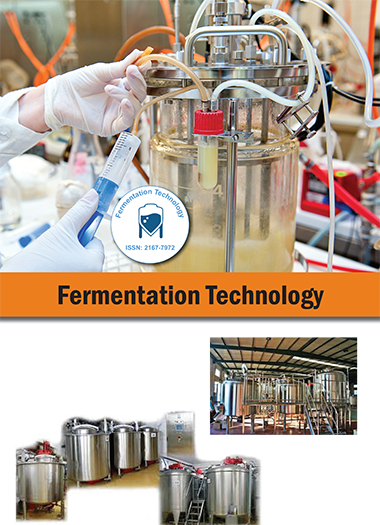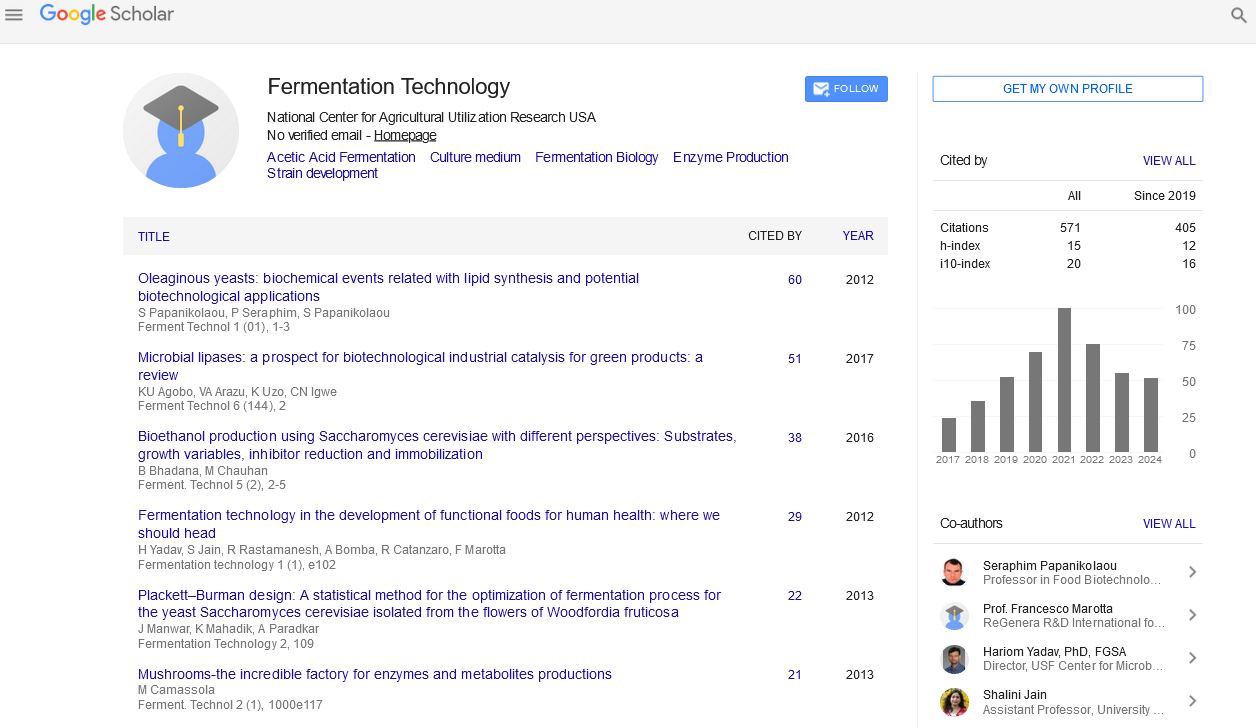Indexed In
- Open J Gate
- Genamics JournalSeek
- Access to Global Online Research in Agriculture (AGORA)
- RefSeek
- Hamdard University
- EBSCO A-Z
- OCLC- WorldCat
- Publons
Useful Links
Share This Page
Journal Flyer

Open Access Journals
- Agri and Aquaculture
- Biochemistry
- Bioinformatics & Systems Biology
- Business & Management
- Chemistry
- Clinical Sciences
- Engineering
- Food & Nutrition
- General Science
- Genetics & Molecular Biology
- Immunology & Microbiology
- Medical Sciences
- Neuroscience & Psychology
- Nursing & Health Care
- Pharmaceutical Sciences
Helminthes and autoimmune diseases: Phosphorylcholin-tuftsin (TPC) conjugates attenuate clinical score and inflammation in three autoimmune mouse models
World Congress on Beneficial Microbes: Food, Pharma, Aqua & Beverages Industry
August 25-27, 2015 Valencia, Spain
Yehuda Shoenfeld
Tel-Aviv University, Israel
Keynote: Ferment Technol
Abstract:
In areas where helminthes infections are common, autoimmune diseases are rare. Treatment with helminthes and their ova, improved clinical findings of inflammatory bowel disease, multiple-sclerosis, rheumatoid-arthritis and type-I-diabetes-mellitus, in animal models and in human. The tolerogenic properties of the helminthes and their ova were attributed to the phosphorylcholine (PC) molecule. We analyzed the tolerogenic potential of tuftsin-PC (TPC) compound in experimental mouse models of lupus, dextransulfate- sodium-salt-(DSS)-induced colitis and collagen induced arthritis (CIA). Treatment of Lupus prone mice (NZBxW/F1) subcutaneously with TPC attenuated the development of proteinuria (p<0.02) followed by reduction in immunoglobulin deposition in the kidney mesangia. The improvement was associated with enhanced expression of anti-inflammatory cytokines such as TGFβ and IL-10 (p<0.001), whereas the inflammatory IFNγ and IL-17 cytokine production were inhibited (p<0.03, p<0.01 respectively). TPC treatment resulted in a significant expansion of CD4+CD25+FOXP3+ T-regulatory cells phenotype in comparison to the vehicle treated mice (p<0.009). In DSS-induced-colitis mice, oral subjection of TPC prevented the severity of colitis, including a reduction in the daily-activity-index (DAI) score, there was less shortening of the colon and less inflammatory activity as observed by microscopy. The colitis preventive activity of TPC was associated with down regulation of colon pro-inflammatory IL-1β, TNFα and IL-17 cytokines expression, and enhancement of anti-inflammatory IL-10 cytokine. Subcutaneous or oral ingestion of TPC in a prophylactic protocol to CIA mice, reduced significantly the clinical score of joints inflammation (calculated from immunohistology analysis), in comparison to mice which received the vehicle (p<0.001). The inhibition of arthritis development in CIA was followed by a significant expansion of T-regulatory-cells and B-regulatory CD19+CD10high CD5high ICD1dhigh TIM-1+ cells. We prove that TPC can ameliorate significantly experimental glomerulonephritis in lupus mice, colitis in DSS-induced mice and arthritis in the joints in CIA mice. We propose TPC, as a novel potential small molecule to treat lupus, arthritis and colitis.
Biography :
Yehuda Shoenfeld is an Israeli physician and autoimmunity researcher. He works at Sheba Medical Center in Tel HaShomer and the Sackler Faculty of Medicine at Tel-Aviv University. He is the incumbent of the Laura Schwarz-Kipp Chair for Research of Autoimmune Diseases. He is the editor of two journals, Harefuah (Medicine) in Hebrew with English abstracts and Israel Medical Association Journal (IMAJ). He is editor-in-chief of Autoimmunity Reviews, and co-editor of the Journal of Autoimmunity.

